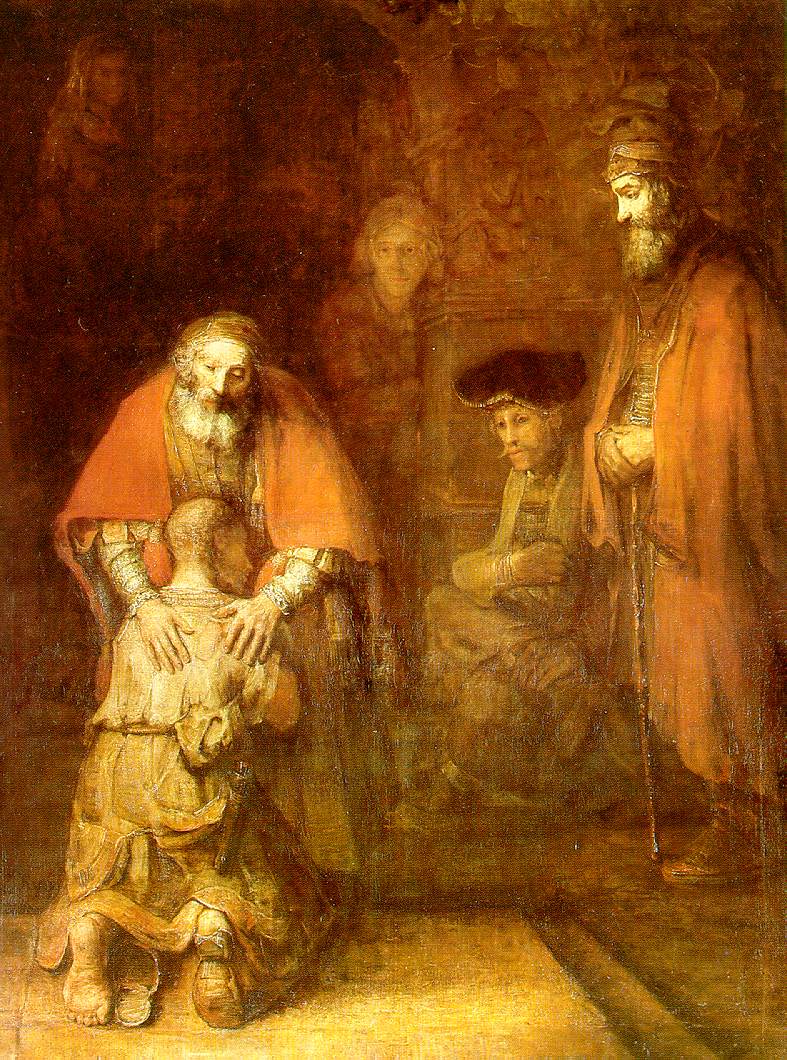Selvam, S.G. & Collicutt, J. (2013), The ubiquity of the character strengths in African Traditional Religion: A thematic analysis. In Knoop, H.H. & Delle Fave, A. (Eds.), Well-Being and Cultures: A Positive Psychology Perspective (pp 83-102). Heidelberg: Springer.
Abstract
Positive psychology has relied on world philosophical and religious traditions for its understanding and classification of core virtues and character strengths and in demonstrating their ubiquity across cultures. However, in this endeavour, reference to African traditional religion (ATR) is minimal. The aim of the present qualitative study was to discern if the ubiquity of character strengths extends to ATR. The catalogue of Values in Action (VIA) was chosen as the coding template; some anthropological textual data on the life cycle of the individual, collected in Nairobi, Kenya, were used as the data set. Using a hybrid approach of deductive data analysis and inductive theme development, thematic equivalents were identified, and further validated with […]

 There are many churches one could go to for the Sunday Eucharist in English while in Rome. What may be less known is the one held at the Church of Santa Maria della Scala. The mass begins at 10.30am. It is quiet and homely! The church is at the Piazza della Scala, and only 20 minutes walk from St. Peters – in the direction of Ponte Garibaldi. The church has always been, as it is now, under the care of the Discalced Carmelites. It is very convenient to participate in the Sunday Eucharist, and then walk up to St Peters to pray the Angelus with the Holy Father.
There are many churches one could go to for the Sunday Eucharist in English while in Rome. What may be less known is the one held at the Church of Santa Maria della Scala. The mass begins at 10.30am. It is quiet and homely! The church is at the Piazza della Scala, and only 20 minutes walk from St. Peters – in the direction of Ponte Garibaldi. The church has always been, as it is now, under the care of the Discalced Carmelites. It is very convenient to participate in the Sunday Eucharist, and then walk up to St Peters to pray the Angelus with the Holy Father.